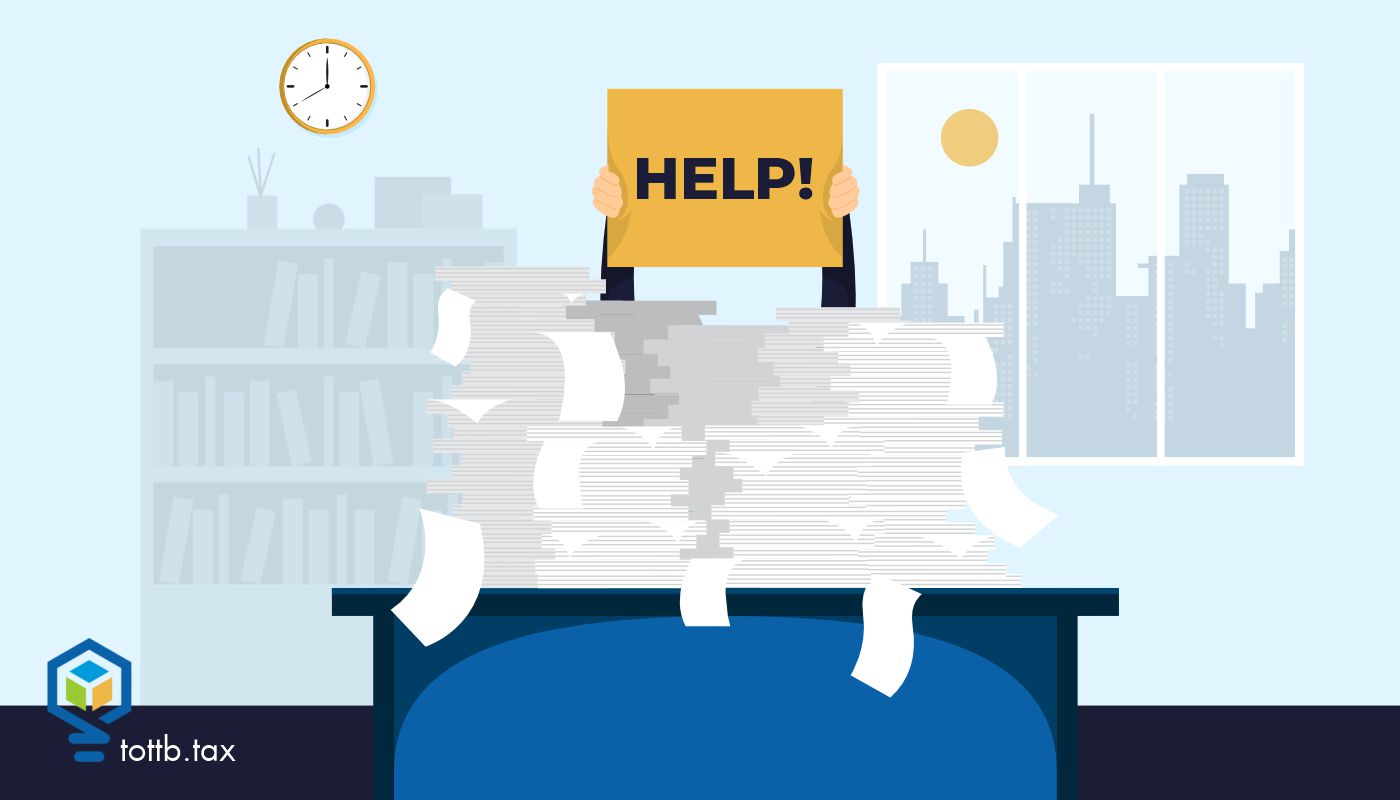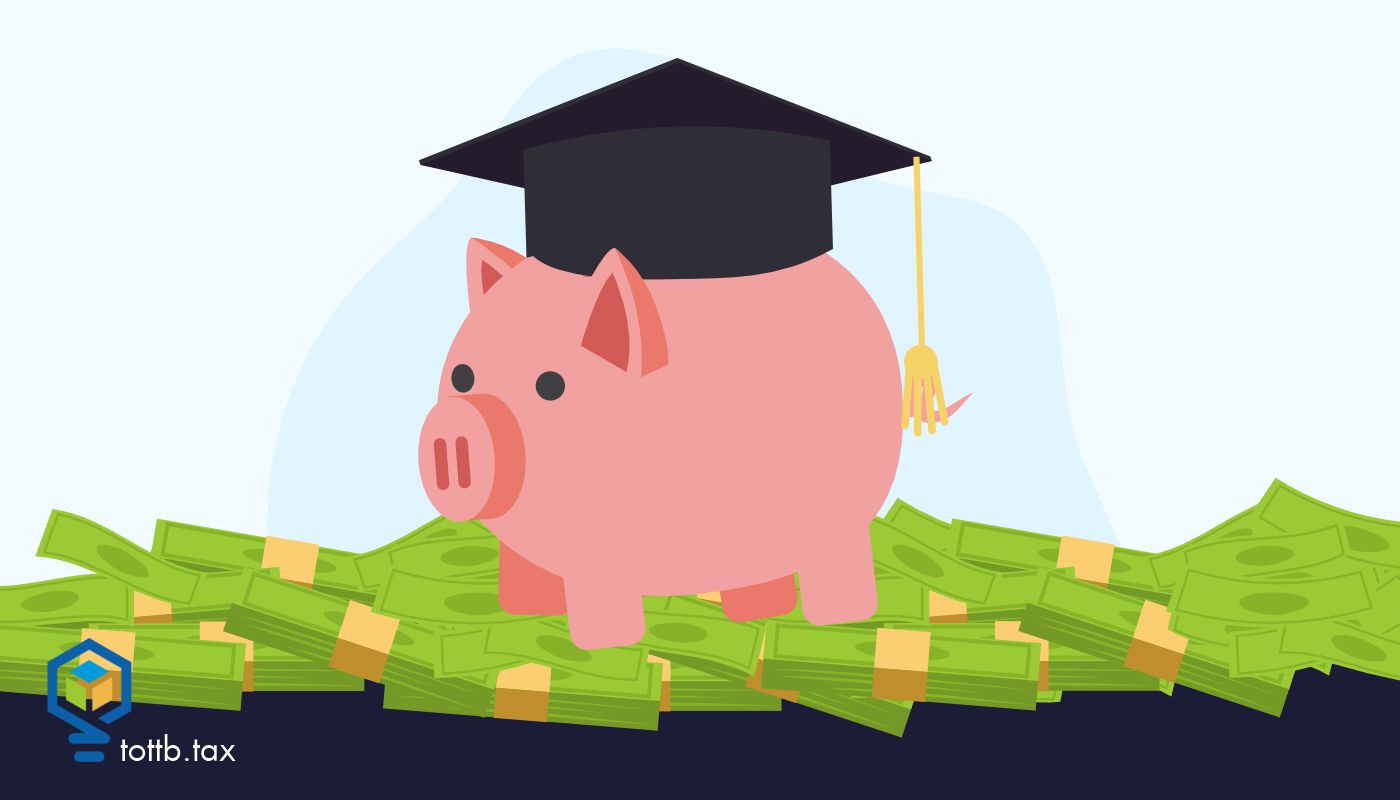When I started my business, referrals and testimonials were not on my mind. Like most entrepreneurs, my crucial motivator was to have freedom of time for my family, to expand my skill set, and to remove the cap on my earnings potential. When I got my first client as a side hustle, my referral source was a board member who knew my skills very well and recommended me to the non-profit he served as treasurer. In December 2018, a prospect asked me for referrals, and I had no idea what to say. There was only a little besides my resume and employer as a reference. Then I thought, hey, I have my non-profit client, and I asked my client whether they would speak with this prospect and answer any questions they had, and they agreed. That’s when I realized the power of referrals and testimonials.

Freelancer Deductions: What You Might Be Missing and What You Need to Remember
Even savvy freelancers often miss deductions that could significantly reduce tax liability. The IRS offers legitimate ways for freelancers to deduct business-related costs, but it’s not always obvious which expenses qualify and which ones cross the line into nondeductible territory. This confusion is made worse when we see some of the terrible advice from so-called “experts” on social media. In this article, we’ll explore the most commonly missed deductions for freelancers, highlight real-world examples, and review what tax professionals need to keep in mind when advising these clients.





